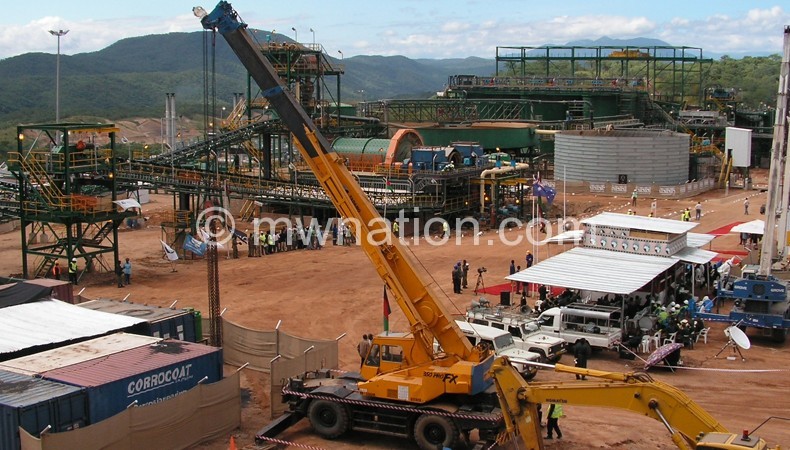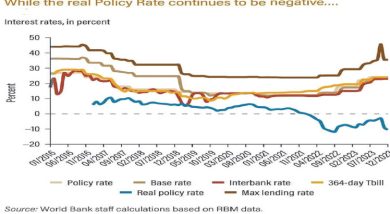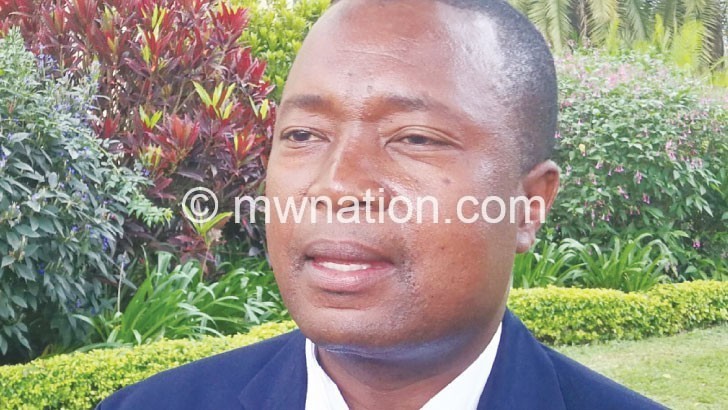Kayelekera investor buys new uranium project
New investors in Kayelekera Uranium Mine (KUM) in Karonga, Lotus Resources Limited, have bought Livingstonia Uranium project in Malawi at $25 000 (about K20 million), the firm’s managing director Keith Bowes has confirmed.
The project, which is located some 90 kilometres southeast of KUM in Karonga, hosts an historical inferred mineral resource of 8.3 million tonnes.

Bowes is quoted in a Mining Weekly publication as having said that the area will be the basis of the first phase of exploration set to start towards the end of this year.
He said: “This is an extremely accretive acquisition for Lotus with the potential to increase our global mineral resource by 16 percent for less than $0.004 per pound.
“More importantly, we have increased our landholding at the highly prospective, yet poorly explored, Livingstonia region, to 187 square kilometres.”
Bowes said there are multiple walk-up, drill-ready targets across the Livingstonia area, including at the boundary of the Livingstonia resource where an airborne radiometric survey indicates mineralisation continues into the existing land.
He said other prospective targets, including Livingstonia North and Chilumba, will be tested in future exploration programmes.
“Assuming exploration success, the company will undertake ore sorting test work on the Livingstonia material in 2022 as part of the process for determining whether Livingstonia could become a future satellite operation for the company,” said Bowes.
On September 1, the Malawi Government renewed the firm’s 15-year mining licence for KUM.
The firm said in view of its licence renewal and the pick-up in uranium prices, it was positive that the mine would support a viable long-term operation.
Ministry of Mining officials were yet to respond to a questionnaire on the acquisition of Livingstonia Uranium project.
But in May this year, President Lazarus Chakwera outlined his administration’s policy on mining to support government’s efforts to restructure the country’s largely agro-based economy.
The major policy directions included the establishment of a mining authority to regulate the industry; establishment of a new national mining company to implement business interests of the country’s mining sector and the establishment of a gold market by the Reserve Bank of Malaw






One Comment